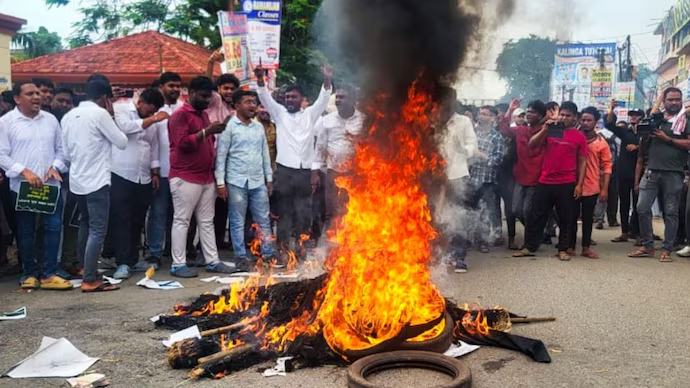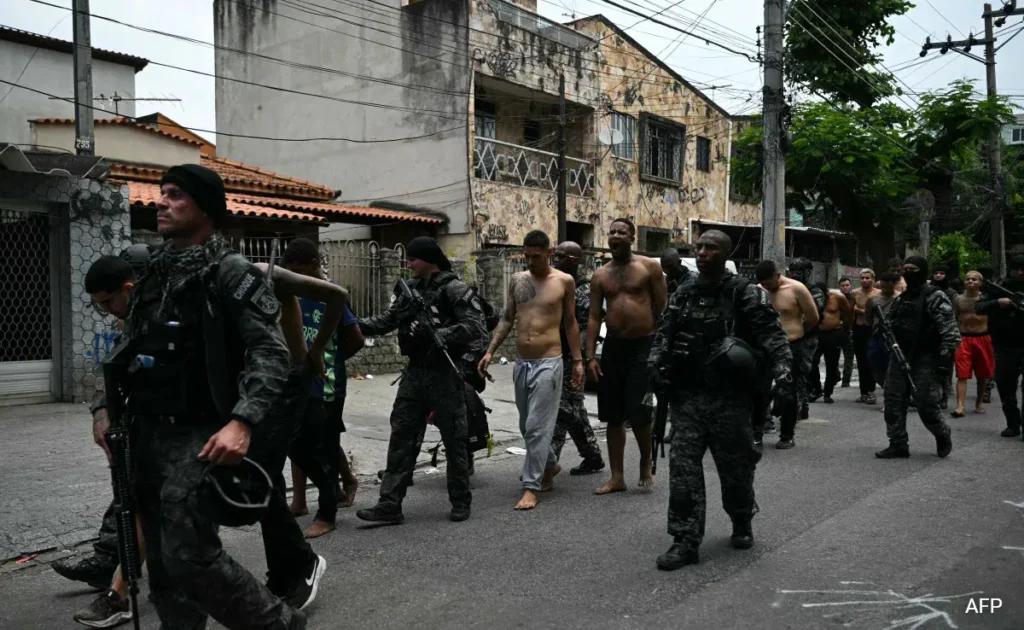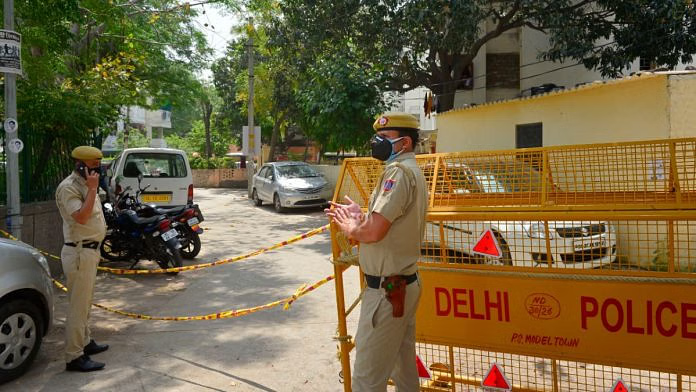Now Reading: Balasore Girl Dies by Suicide After Being Pressured to Apologise to Her Harasser, Family Alleges
-
01
Balasore Girl Dies by Suicide After Being Pressured to Apologise to Her Harasser, Family Alleges
Balasore Girl Dies by Suicide After Being Pressured to Apologise to Her Harasser, Family Alleges

A 19-year-old girl from Balasore, Odisha, died by suicide after allegedly being forced to withdraw her sexual harassment complaint and apologise to the accused. Her family claims that instead of receiving support, she faced pressure from school authorities and local police to settle the matter quietly. The case has sparked widespread outrage and questions over how harassment complaints are being handled in smaller towns.
What Happened
The girl had reportedly filed a complaint against a classmate for sexually harassing her. However, rather than acting on the complaint, the authorities allegedly mediated a ‘compromise’ in which the girl was asked to apologise to the boy. Her family says she was humiliated during this process and left feeling abandoned and cornered.
She later died by suicide at her home. A suicide note, as reported by the family, was found, detailing the emotional distress she experienced due to the forced apology and lack of justice.
Family’s Allegations
According to the girl’s parents, the school principal and local police officials were involved in pushing for a compromise. They claim she was pressured into signing a written apology despite being the victim. The family has demanded an independent investigation and strict action against all those who allegedly failed her.
Police and Official Response
The Odisha Police have said they are looking into the matter and have initiated an internal inquiry. While the full details are still emerging, the case has prompted senior officials to promise accountability if lapses are confirmed.
Meanwhile, the accused student has been detained for questioning, and the role of school staff and law enforcement is under scrutiny.
Why It Matters for Tier 2 Cities
In smaller towns like Balasore, social pressure and a lack of awareness often make it harder for young women to report harassment. Cases are sometimes handled informally, which can leave victims more traumatised. This incident has highlighted the urgent need for proper redressal systems and mental health support in educational institutions, especially in non-metro regions.
Public Outrage and Demands for Reform
Local women’s groups and student organisations have staged protests demanding justice. The public sentiment is clear—victims must not be silenced or shamed for speaking up. The case is now being seen as symbolic of a deeper issue: the failure of institutions meant to protect students and uphold basic rights.
Conclusion
The Balasore case is not just about one girl’s tragic death—it’s about a broken system that failed her at multiple levels. It raises serious questions about how harassment cases are treated in schools and by authorities, especially in smaller towns. Justice in this case will not just be about punishing individuals, but about ensuring that no victim is ever made to apologise for seeking help.

























